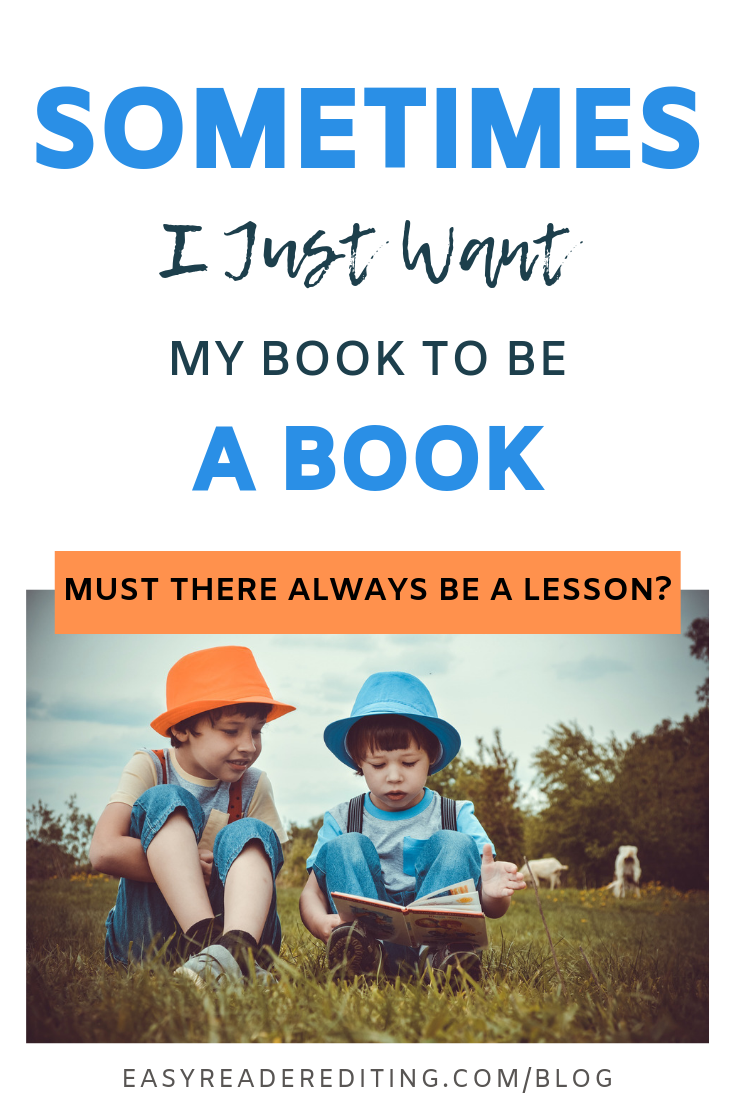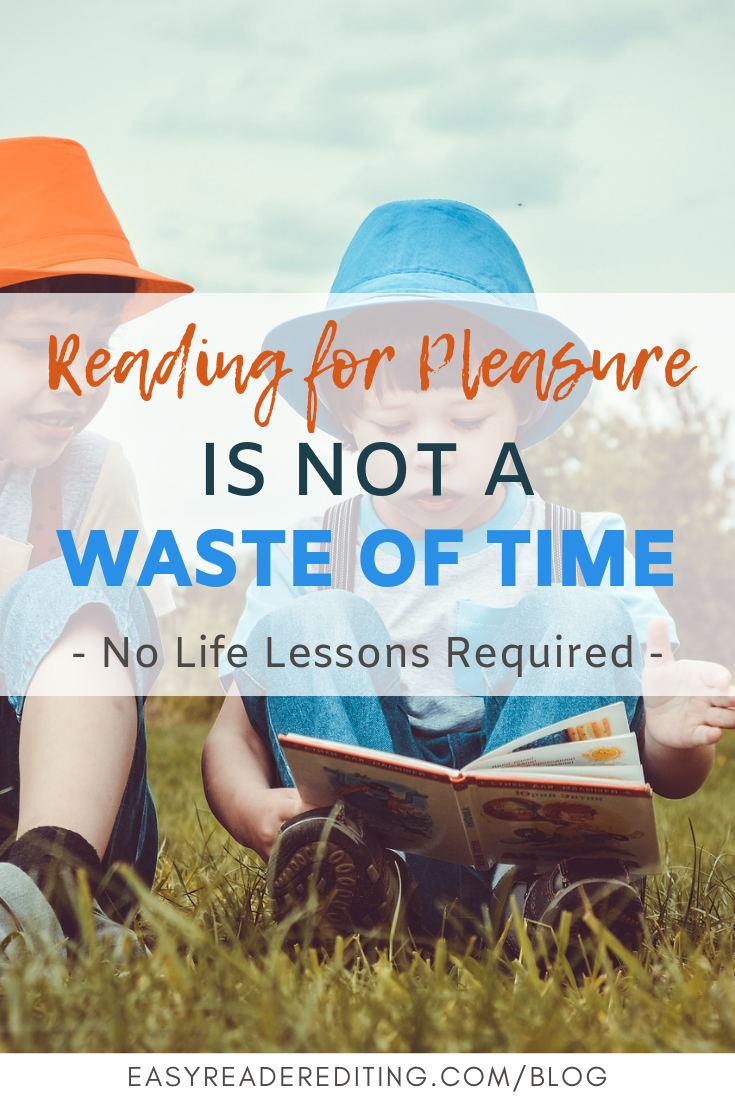Sometimes I Just Want My Book to Be a Book
So stop trying to teach me a lesson
Image credit Victoria_Borodinova via Pixabay
I have always loved to read.
I started at a young enough age that I remember being bored with the “See Spot run” drivel in kindergarten because I was already reading Dr. Seuss for myself. If a book wasn’t handy, I read toothpaste tubes, cereal boxes, under-the-sink cleansers, you name it. I couldn’t get my fill of reading and the worlds it opened up to me.
One of the things I loved most about reading was the temporary transport into another world. Another time period. Another universe.
There were characters I felt I could relate to, like Laura Ingalls.
She wasn’t the always-good sister like Mary was, and she allowed herself to be naughty on occasion, even though she wasn’t truly bad by most people’s standards. I wanted to live in the Big Woods of Wisconsin and ride in a horse-drawn sleigh to visit family on Christmas. I wanted to live on the prairie and eat fresh berries and swim in a creek. I disliked Nellie Oleson as much as Laura did. I fell in love with Almanzo Wilder and wished I had horses.
I read wonderful picture books that made me want to live in a tree, with squirrels as my friends, sleeping under the stars (always perfect weather, of course), never having to wear shoes.
When I discovered The Hobbit and The Lord of the Rings trilogy, I immersed myself in Middle-earth: the Shire, Gondor, Lóthlorien, and everywhere in between. I taught myself the rune alphabet so I could read the words on the cover of my old paperbacks. I read everything I could about the rich history J.R.R. Tolkien so painstakingly created and was sad when there was no further material to read in that world.
As an adult, my tastes broadened to horror and science fiction.
I first read Carrie in high school, but my love for horror and dark fiction in general broadened years later as I discovered and devoured not only stacks of more Stephen King, but Dean Koontz, Shirley Jackson, a creepy-odd collection of Roald Dahl’s short stories, and other authors who forced me to read with my back firmly in a corner, feet off the floor, and all lights in the house turned on.
To this day, my horror tastes run more toward the psychological, the ones that really play on fears and leave me with a lingering unease long after I’ve closed the book. I read Pet Sematary over twenty years ago and can still remember the final line verbatim. After reading Shirley Jackson’s short story, “The Lottery,” I immediately reread it just to discover the clues I’d blown past the first time.
Sci-fi is one of my husband’s favorite genres, and I found myself with a whole new group of classic SF authors like Asimov, Heinlein, and Zelazny to fill my reading hours and foster my love of that genre.
All of those books left me with vivid impressions, but none of them forced me to learn a lesson.
Lately, however, I’ve been disturbed to note a growing trend in certain books. There I am, reading happily, thinking I have a handful of pages remaining, but no. The story ends and there are still multiple pages left.
What is on these pages, you might ask? An appendix to broaden my knowledge of the fictional world? A pronunciation guide of strange names and terms? Nope.
Questions. Questions that, in my opinion, wreck the experience I just had with the world I was temporarily living in. Questions that effectively tear me out of that other place.
But the worst part? These aren’t self-help books, or business how-to books, or educational books. In those, I would expect (and welcome) questions and maybe an exercise or two, so I can apply what I’ve learned or think about the next step.
The books I’m referring to are fiction. I’ve run into this most often in women’s fiction and in YA books, and to be honest, when I see it, I’m actually angry that I spent money on that book and wish I’d never read it.
I’ve thought about the reasons I seem to have such an extreme reaction to seemingly innocuous questions at the end of a book.
I have a theory about why I’m so opposed to this, and it breaks down to many factors, but the gist is this: it removes the idea of reading for the sheer pleasure of reading.
Finding questions at the end of a fictional novel tells me a few things:
the author thinks their book is going to be the next book club book, because apparently people can’t just talk about how much they liked a book; they have to discuss the writing style, metaphors, and overall meaning.
the book now feels like it was a school assignment, and if there’s one thing I learned as a homeschooling mama, it’s that nothing wrecks enjoyment of a great book faster than requiring a report upon completion of it.
the reading has become a chore because a pop quiz is looming; the reader has to strain to remember what was read.
if I didn’t learn something from what I read, then that time was wasted; i.e. the act of reading should have a deeper purpose, something more than stealing a few quiet moments or escaping from the daily grind for an hour.
we’re expected to focus on the things the author thinks we should have paid attention to instead of what we naturally gravitated toward.
the reader isn’t allowed to imagine that the characters are real, to look into the what-if of a seemingly impossible situation.
The list could be a lot longer, but those are the first things that come to mind.
Please, authors, stop trying so hard. Write a great book and trust that your readers will get it. Allow them to enjoy what they glean from it. And if they don’t mention character growth or how they learned a life lesson from what you wrote, it’s still entirely possible that they actually enjoyed it.




